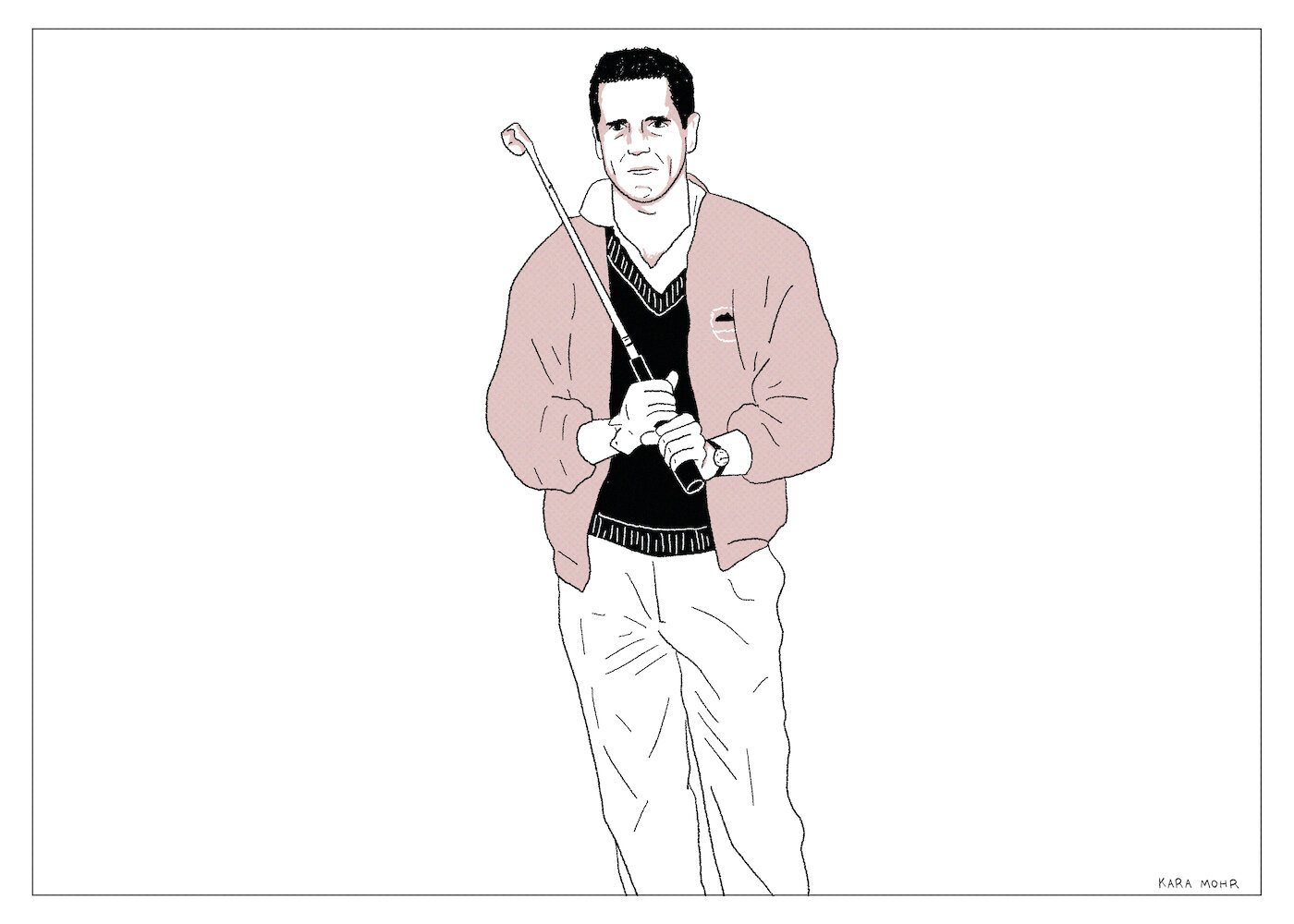
Glenn Frey “Strange Weather”
Glenn Frey served as the C.E.O. of The Eagles. While his fingerprints are everywhere, however, the band’s best songs were written by others and sung by Don Henley. Frey was the team’s general manager — he did the dirty work — while Henley was its preternatural talent. And Frey was good at his job. It came naturally to him. He had charisma. He played good enough rhythm guitar. He could play some keys. His voice was better than adequate. But, more than anything, Glenn Frey knew how to work with Don Henley. Until he didn’t.

Miles Davis “Jack Johnson”
Recorded less than six months after “Bitches Brew,” “Jack Johnson” is as much a tribute to Betty Mabry, Davis’ former wife and muse, as it is to the titular heavyweight champ. Mabry was a Free Funk pioneer, and friend of Jimi Hendrix and Sly Stone. With his increased interest in Mabry, came Miles’ increased interest in electric instruments, in general, and distortion and Funk, in particular. Experimental music and progressive politics, however, represent roughly half of the ingredients in “Jack Johnson’s” potion. The other half of the is made up of the sweat of legendary boxers and, of course, cocaine.
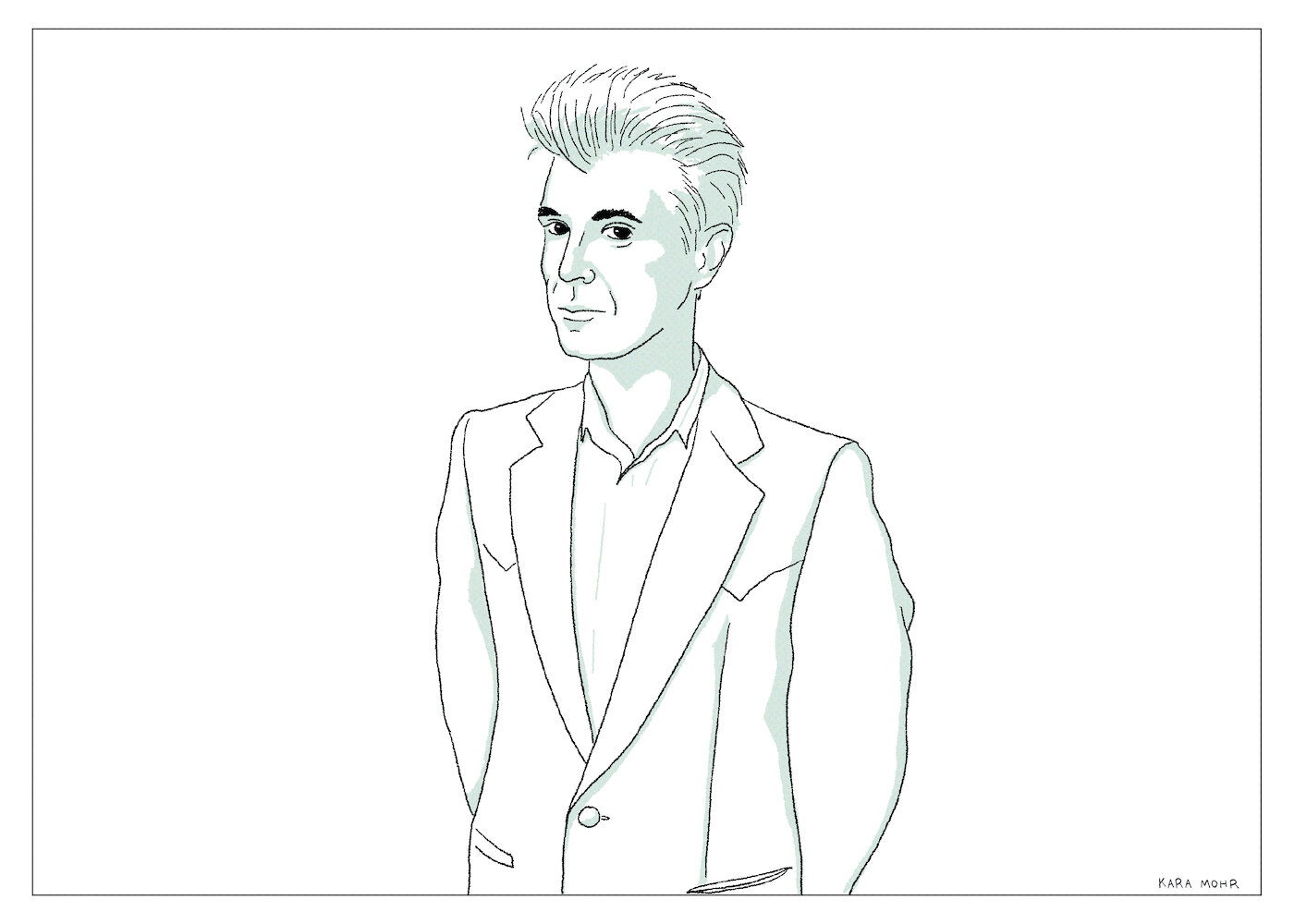
David Byrne “Grown Backwards”
When the Talking Heads split up, David Byrne went on to a long but never as commercially successful solo career. In the Talking Heads he was always very much the center of the band, selling the show. But, alone, he could never sell himself quite as well. If the music of “Talking Heads ‘77” is the music of a man alone in his neurosis, “Grown Backwards” is the music of a married man with children. You might not expect the person who had a “Fear of Music” to write a lovely song called “The Man Who Loved Beer,” but, in fact, he did.

Bonnie “Prince” Billy “Wolfroy Goes to Town”
In the years after his beloved “I See a Darkness,’ Will Oldham aged comfortably into his Bonnie character. Each year, we would get a new album. We wouldn’t know when it would arrive or what it might sound like, much less what it meant. But it would come. And it would generally be excellent. And then something similar, but different, would happen the next year. Behind Oldham’s warble there was Cheyenne Mize. Then, Ashley Webber. And then, in 2011, on “Wolfroy Goes to Town,” it was the great Angel Olsen.

(Yusuf) Cat Stevens “The Laughing Apple”
There has never been another Pop star who went away for twenty eight years and then returned. Obviously, Cat Stevens didn’t really go away. During his absence from popular music, Yusuf Islam was always looking for that road back. And, in 2016, he found the bridge. He reunited with his closest 1970s collaborators and announced that he would release a new album under the name “Yusuf / Cat Stevens.” As hedged as it looks on the page, it was received as a full throated return for his long suffering fans.
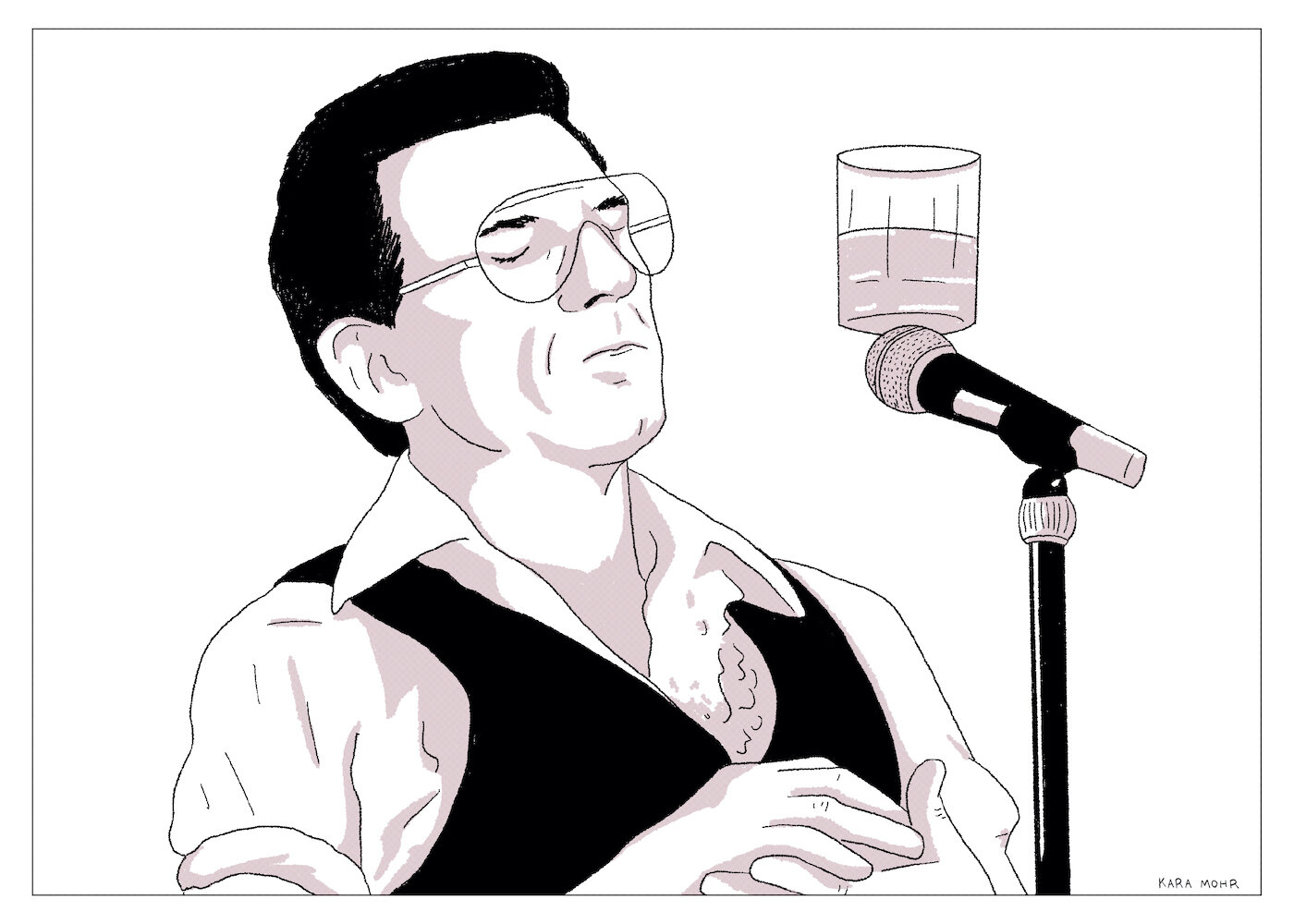
Jerry Lee Lewis “Killer Country”
Starting in 1968, following a decade in polygamy exile, Jerry Lee Lewis made a very successful, very straight Country music turn. For over a decade he was a reliable hit maker alongside Merle and Dolly. In 1982, he’d be under suspicion for killing his fourth wife. In 1984, he would be tried for tax evasion (he was found innocent). And, in 1988, he declared personal bankruptcy. But, between 1979 and 1980, in a third career peak, Jerry Lee Lewis cut three excellent, if overlooked, albums, including “Killer Country.”
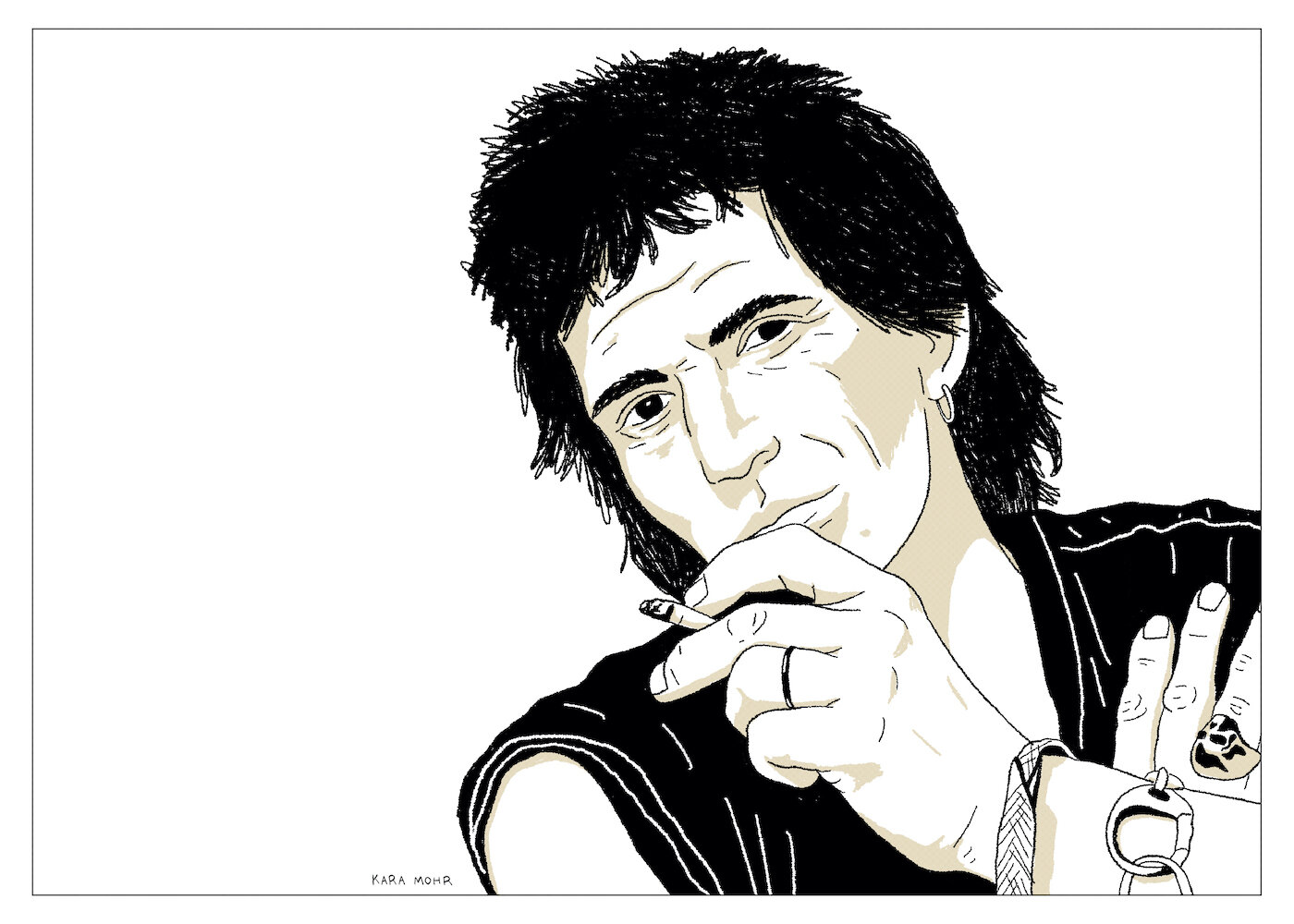
Keith Richards “Talk is Cheap”
Tired of the drama and unqualified for any other career, in 1987 Keith Richards did the previously unthinkable. He stepped out as a solo artist and frontman. His main collaborator was virtuoso drummer, Steve Jordan. The other players, including Ivan Neville, Waddy Wachtel, Charley Drayton and Sarah Dash, came to be known as The X-pensive Winos. The Winos often sound like an ace Free Jazz band playing with mis-assembled Rolling Stones’ parts. To this day, there is still no band in the world that sounds like them.
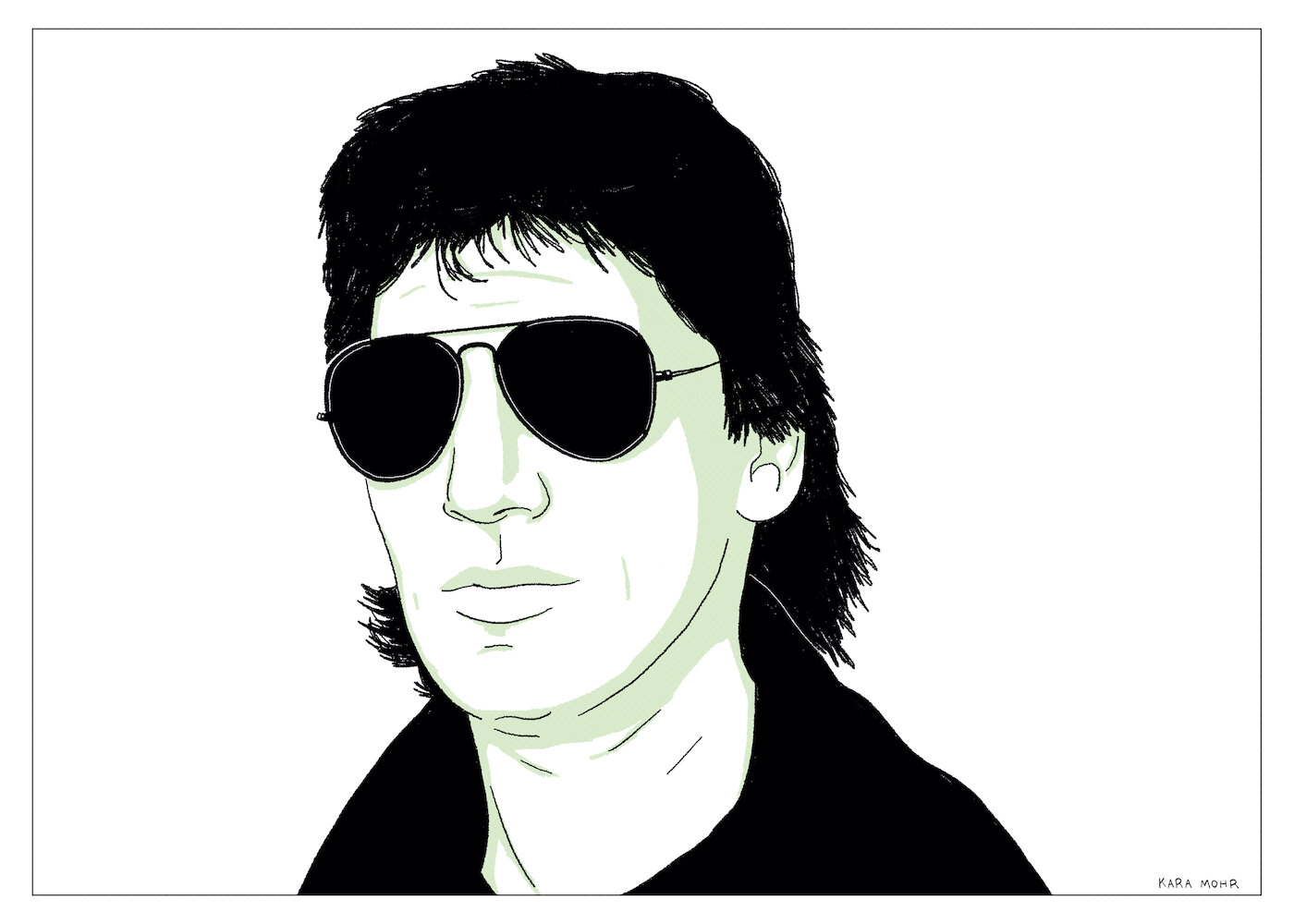
Roger Waters, “Radio K.A.O.S”
Having recently left Pink Floyd, Roger Waters made a concept album about Billy, a Welsh paraplegic who can hear radio waves. Yes, you heard that right. Billy lives with his twin brother Benny who works in the mines. On a drunken night, in protest of Thatcher-era mining policies, Benny throws a concrete block off a bridge and kills a taxi driver. Benny’s arrested and Billy is sent to LA to live with a relative. With the help of a cordless phone and a superpower (radio wave reading), Billy is able to hack into the defense systems of the whole planet and convince everyone there’s about to be a nuclear attack. Like most concept albums, “Radio K.A.O.S.” is unfathomable as prose and doesn’t exactly sparkle in song, either.
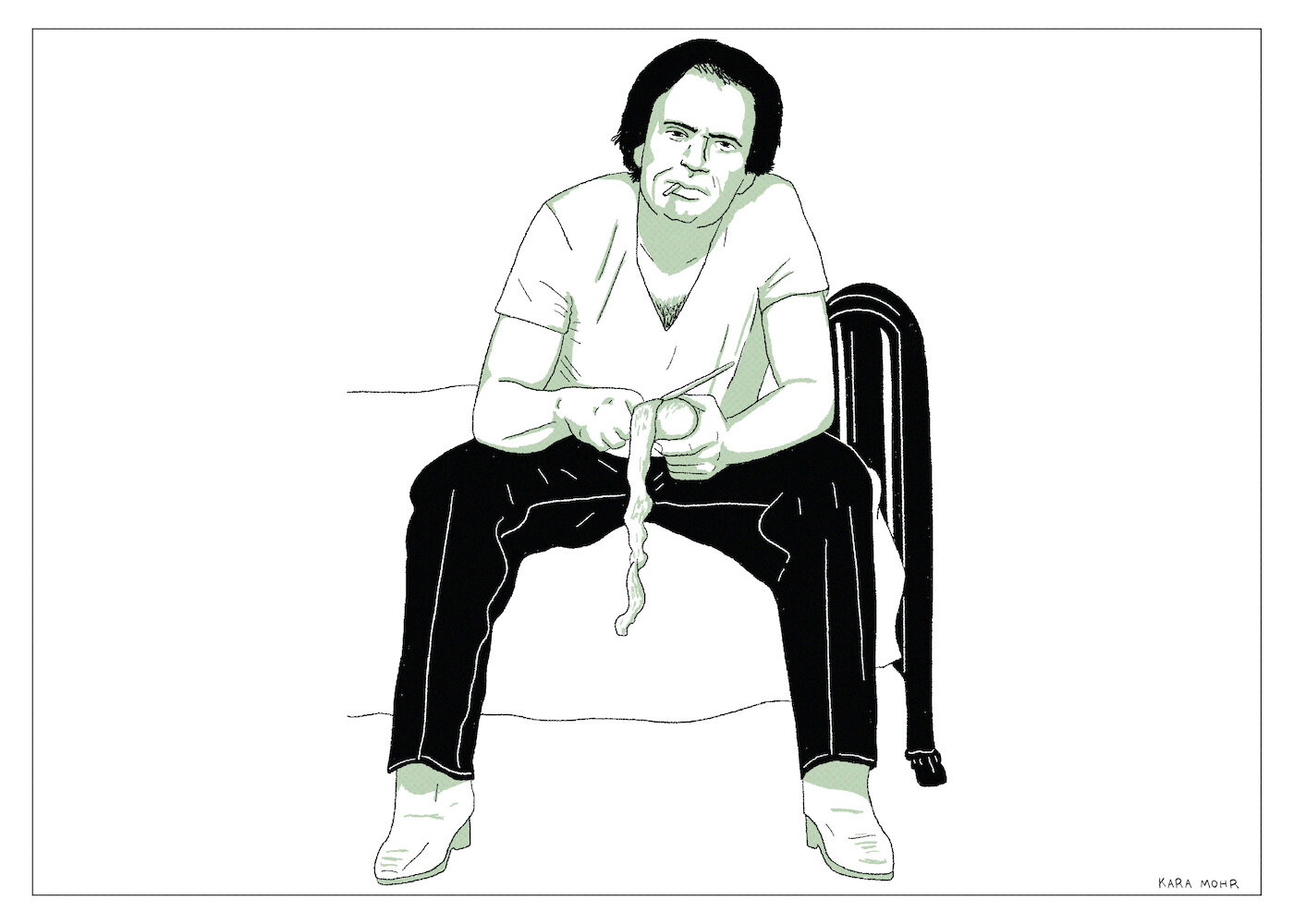
Merle Haggard “Big City”
On the surface, 1981 seemed to foretell change for Merle Haggard. He left his longtime record label. America had a new President. And a wave of frustration and patriotism was sweeping the country. Conditions seemed ripe for a comeback, but change was not Merle’s style. A “return to form” felt beneath him. And yet, Merle Haggard wanted to show everyone that he was still the same goddamn Merle Haggard who wrote the same great songs with the same great stories about the sane great country. The result was “Big City” another wonderful, complicated album from perhaps the most nostalgic recording artist America has ever known.

Jonathan Richman “I, Jonathan”
Eternally young at heart, Jonathan Richman amassed a prodigious catalogue between his legendary Modern Lovers’ albums and his solo records. And while many point to “I, Jonathan” as a high water mark, the truth is that most of his releases warrant consideration. Sometimes, he sings in Spanish. Sometimes, he sings Country Music songs. Sometimes, he sings children’s songs for the kids in all of us. But his superpower -- that thing that makes him better than anyone else -- was his ability to make us feel like we were driving with the radio on in 1972 and like we were sitting in the last days of summer in 1992.

Pete Townshend “Psychoderelict”
Pete Townshend made his reputation on the concept album and he was not giving up on it. “Psychoderelict” begins with a reporter talking about a fictional, washed up British rocker by the name of Ray High, who can’t make albums anymore. The news report is soon interrupted by a great ruckus of Rock — “English Boy” is a musical statement of purpose with guitars borrowed from “Achtung Baby.” It’s almost a classic Townshend anthem. The juxtaposition screams: “Yes I’m still here. Yes I can still rock! Yes I am still writing concept albums!” But, then there’s more news and talking.
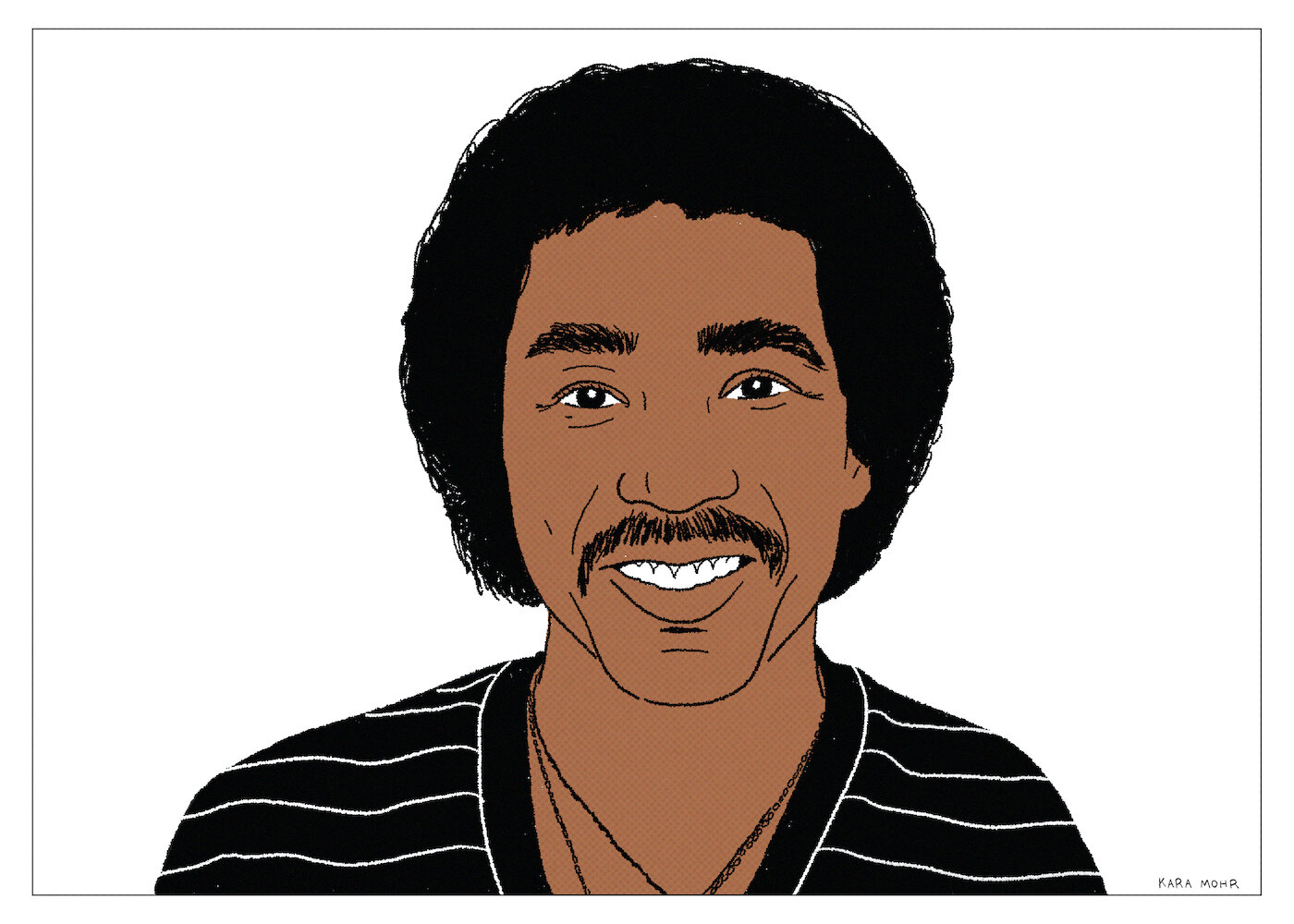
Smokey Robinson “Being With You”
Smokey Robinson was, in the 1960s, nothing short of everything. He was Carol King, Marvin Gaye, Diana Ross and David Geffen all rolled into one beautiful package. The 70s turned on him just slightly, but, in 1981, at the age of forty one, he returned to the top of the charts with “Being With You.” On the album’s cover, tucked in a striped, v-neck sweater and a couple of gold chains, he smiles at us. His hair has grown out to a casual, “I know I look good” length. His mustache is unconcerned with his lips. His eyes are the kindest shade of gold. He is the version of prime that only comes with middle age, but rarely stays.
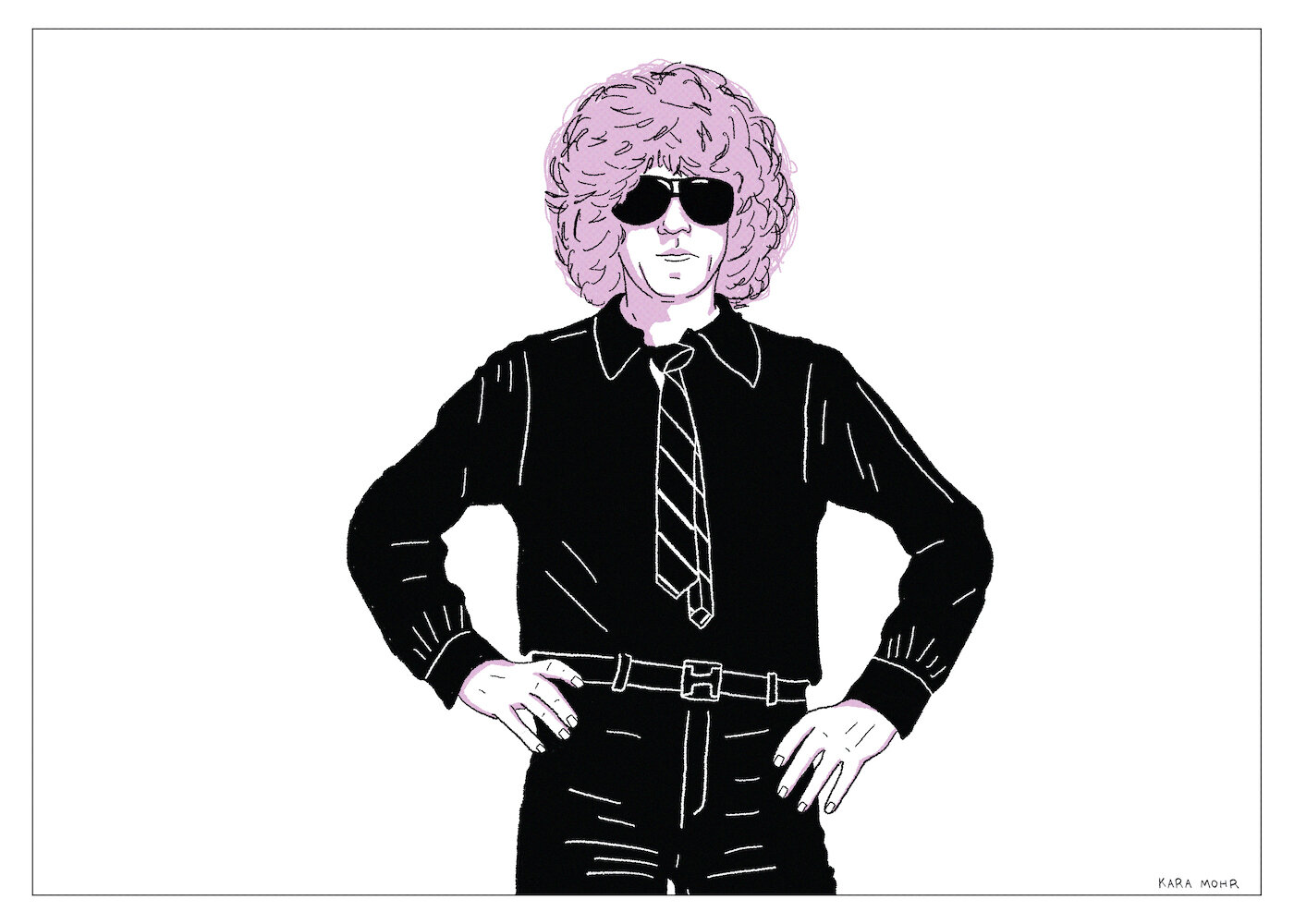
Ian Hunter “Short Back ‘n’ Sides”
He was never, exactly, a Rock Star, though he achieved the height of success. For almost fifty years, he has always worn sunglasses in public because, according to him, he is sort of, but not exactly, albino. He is not, exactly, as poetic as Bob Dylan or as artful, exactly, as David Bowie. But he sure can sound a lot like both of them. Ian Hunter has never, exactly, been any one thing. And he has always, almost, been everything. 1981 was the dawn of New Wave. It seemed plausible, at least, that the “always almost” singer had been passed over by time. It turned out that Mick Jones of The Clash, Hunter’s number one fan, would consider nothing of the sort.

Donovan “Sutras”
After the 1970s, Donovan was no longer a “popular” recording artist. He had no discernible fanbase, no radio airplay and no American record label. Between 1984 and 1996, Donovan released no new music. While he was not making music, though, he continued to do something he had been doing for decades. He meditated. In the world of music, two of the most visible advocates for T.M. were Leonard Cohen and George Harrison. But a slightly younger and more bearded, Gen X-er has followed in their footsteps. And Rick Rubin promised Donovan the same spare, but royal, treatment that had just worked wonders for Johnny Cash.
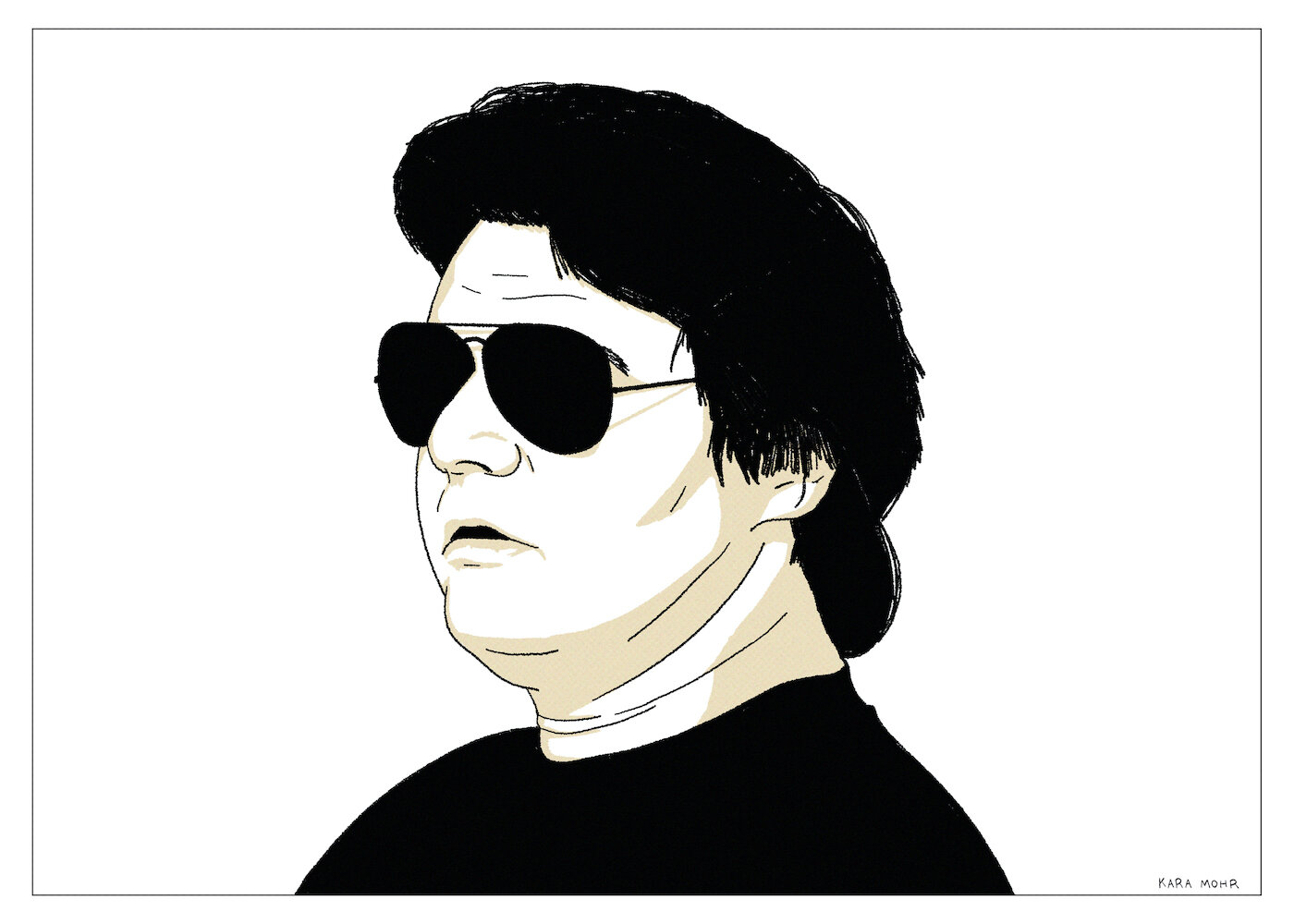
Steve Miller Band “Italian X Rays”
By 1983, the Steve Miller Band was, perhaps unknowingly, a cynical Pop music algorithm. With each record they had become more refined in their cynicism and in the lack of struggle and humanity in their music. While it no doubt took a great deal of work and talent to make the music that Miller made then, none of the grit could be heard. “Abracadabra” was the Steve Miller Band at its most optimized and at its Waterloo. His follow-up to “Abracadabra” was 1984s “Italian X Rays,” an album that pushed the algorithm so far as to make one wonder if Miller was being ironic or experimental.
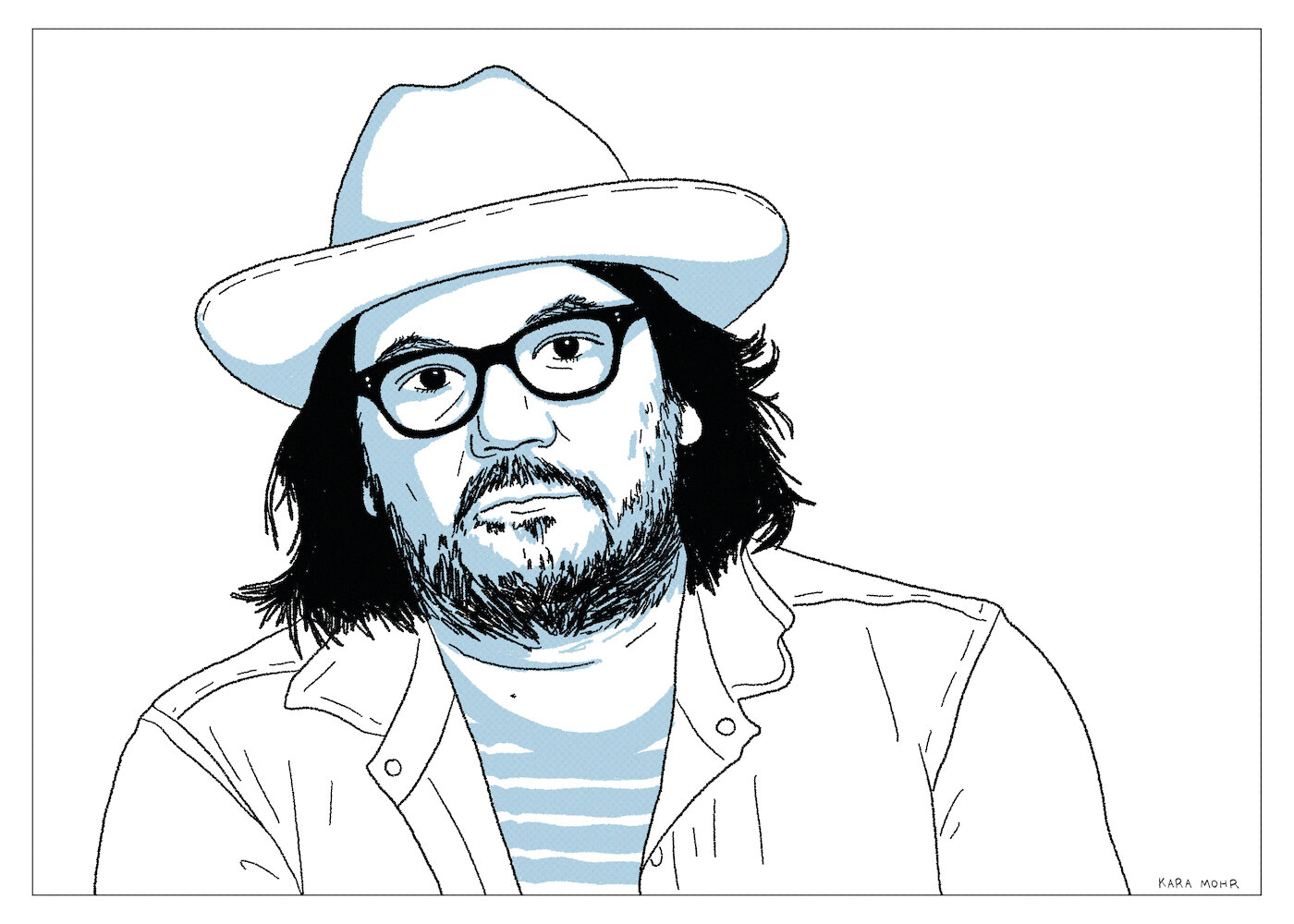
Jeff Tweedy “WARM”
Well, he did it. It’s not a perfect record. Far from it. It’s not his best music. No. But I suspect Jeff Tweedy will never get closer to something as honest, as definitive and as unflinchingly empathetic as he does on “WARM.” This is monumental, middle-aged, dude stuff. It is what the other side of decades of therapy sounds like for one of the greatest songwriters of the last thirty years. It’s a search for meaning through empathy and self-acceptance in the second half. If “WARM” were presented to me as the Old Testament for some sort of cultish men’s group, I’m pretty sure I’d sign up.
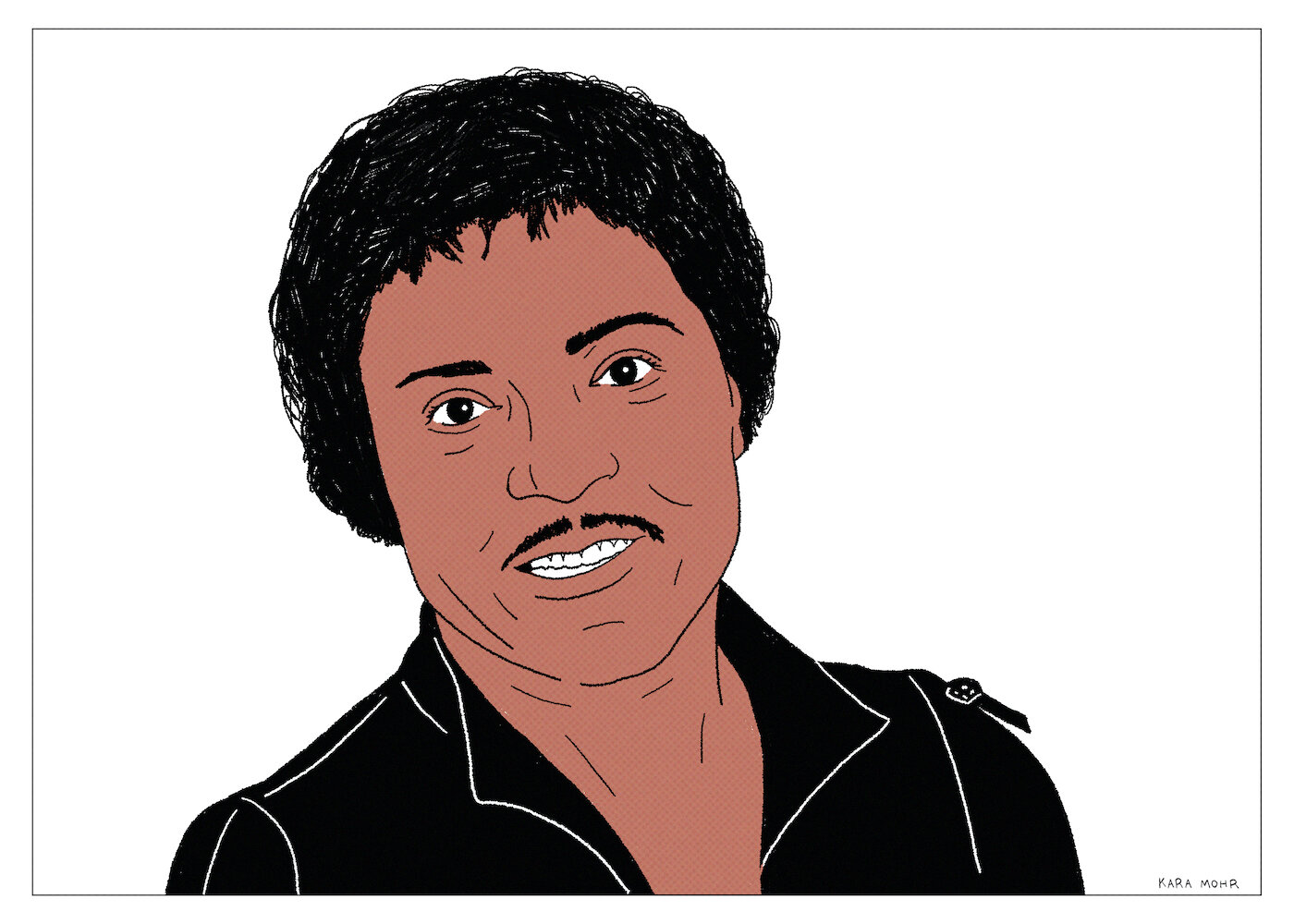
Little Richard “Lifetime Friend”
Of Rock’s 50s pioneers, Little Richard proved to be the least enduring. While Elvis kept cranking out hits, Richard made the occasional Gospel record and live album. For decades, he battled crippling drug addiction and struggled for sexual self-acceptance. After his historic early run, much of the 60s and 70s were a messy blur. But then, in 1985, Richard was surprisingly cast in the hit film, “Down and Out in Beverly Hills,” catapulting him back into contemporary popular culture. He pounced on the opportunity and quickly released “Lifetime Friend,” his first (and last) album of Rock and Roll in over a decade.
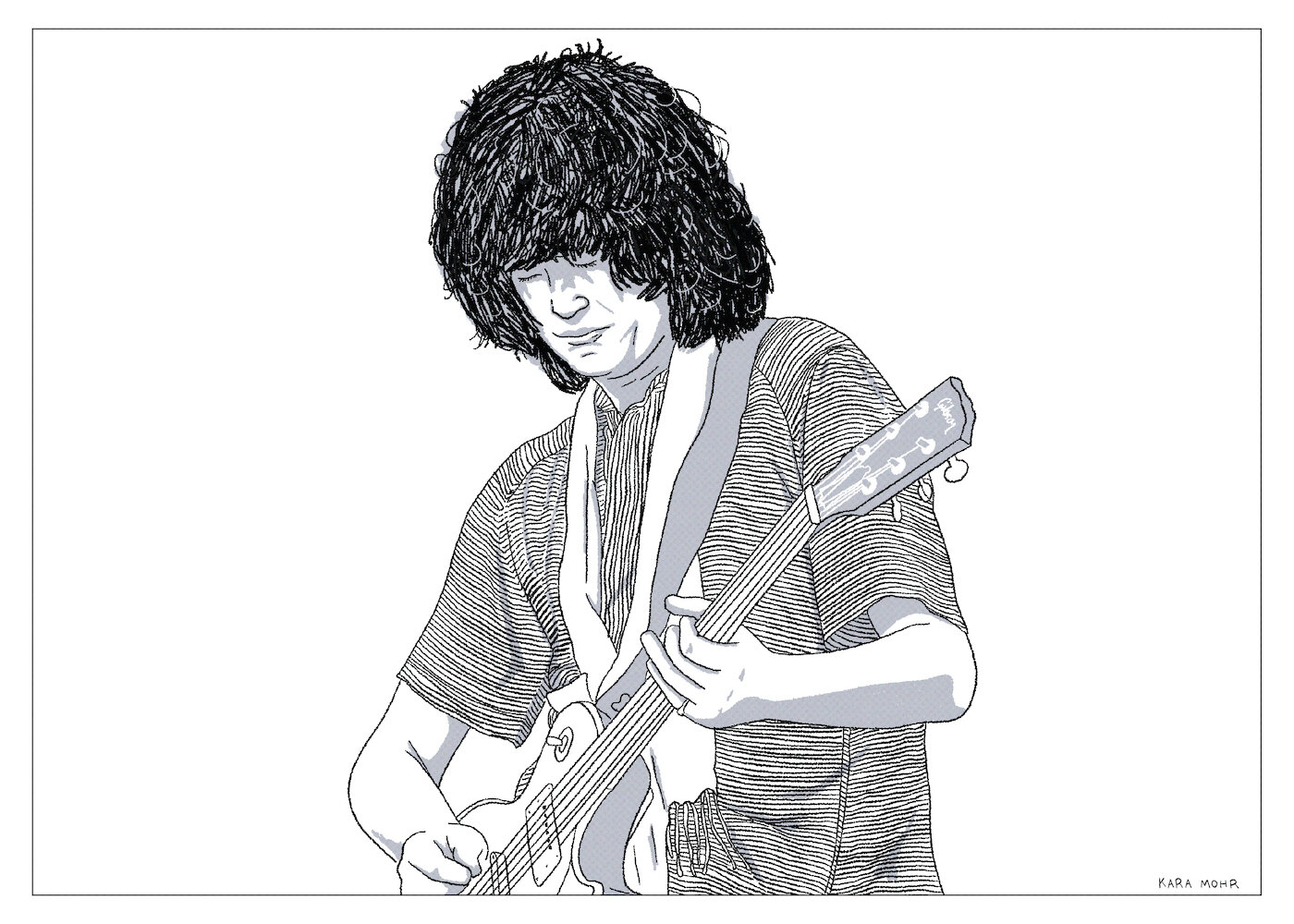
Jimmy Page “Outrider”
“Outrider” is the only solo album Jimmy Page has ever made. He was forty four, sober, and a father again, when it was released in June of 1988. He had reportedly been working on ample and varied solo material since Zeppelin broke up but was sidetracked by his work with The Firm. In fact, by the mid-80s, Page was said to have plans to release a double album of solo material, organized by the eclectic genres he was tackling. But, then, his house was burglarized and his demos were stolen and never recovered. So, if there is an ambitious, essential, Jimmy Page double album in the ether, we will never know. We will never know if he had his second half opus. What we do know is that “Outrider” is not it.
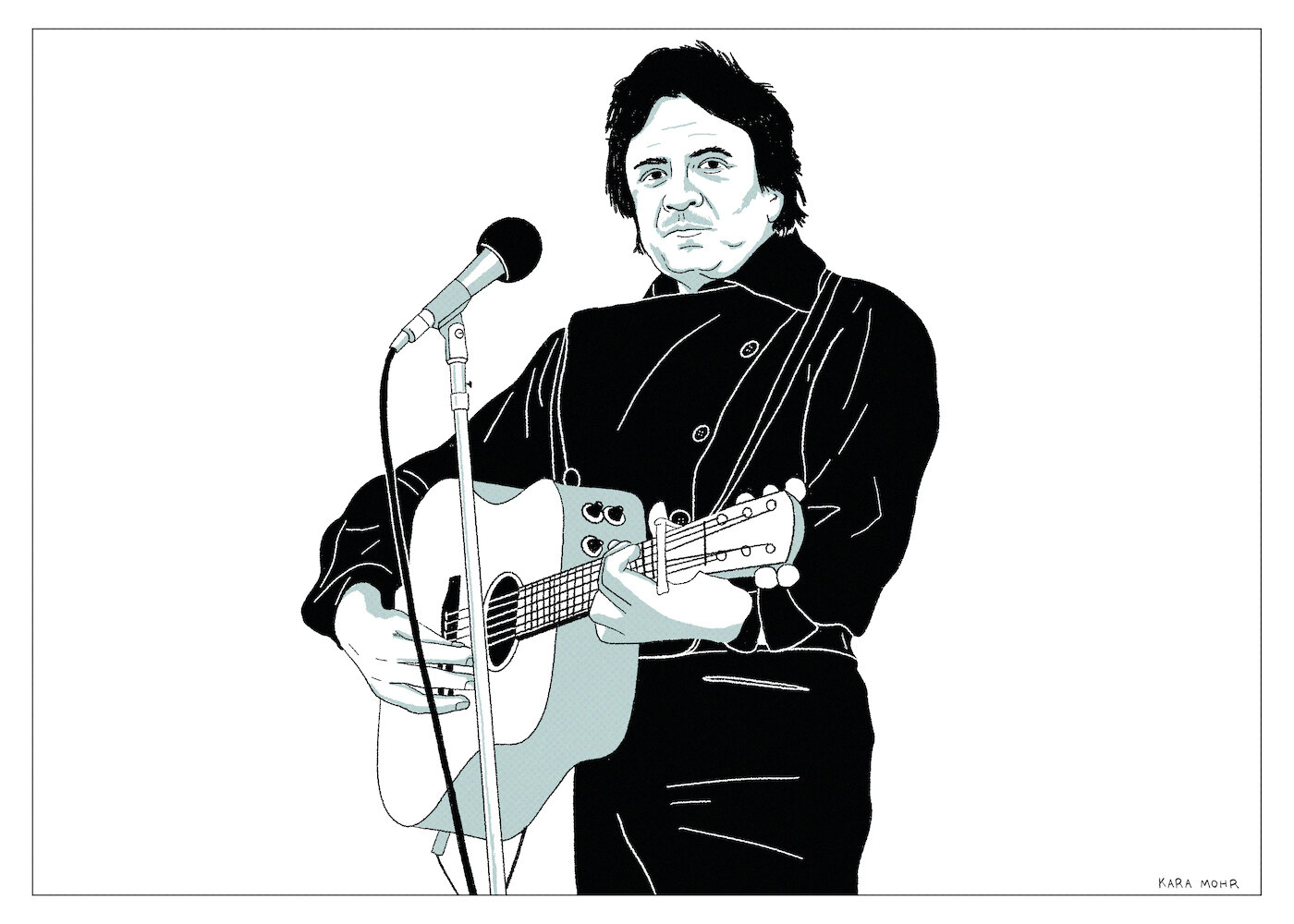
Johnny Cash “Johnny Cash is Coming to Town”
The 1980s were unkind to Johnny Cash. He was living somewhere between legend and relic. His label of thirty years, Columbia Records, had lost faith in him as a reliable commercial concern. And, notably, he had become so addicted to and unhinged from his addiction to pills that, in 1983, he would spend over a month at the Betty Ford Clinic. In 1984, Cash recorded a lightly humorous and entirely sad parody single and video called “The Chicken In Black.” He then vamped with side projects and Gospel music until 1987, when he released his first album for Mercury Records, “Johnny Cash is Coming to Town.”
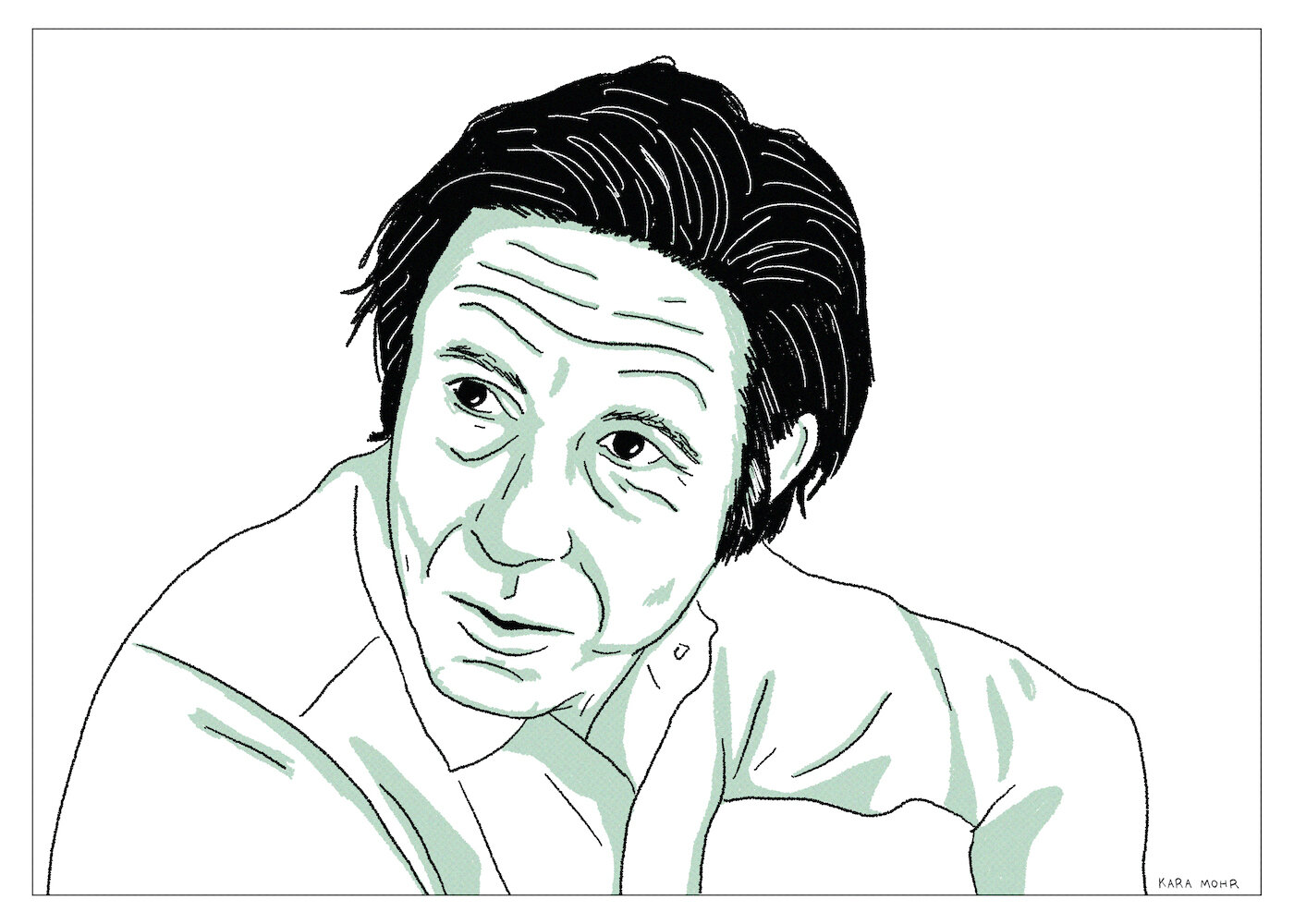
John Doe “Keeper”
John Doe’s voice was once the sound of a storm cloud over a city on fire. The city was Los Angeles. The storm was sun shower named Exene Cervenka, Doe’s wife and partner in the band X. But, nearly seventy now and many years into a decorated solo career, John Doe has spent his second act answering the question: what happens when there is no city on fire and no storm below? In 2011, the year he released “Keeper,” Doe was fifty eight. He’d remarried. He had three daughters. He didn’t live in L.A. His singular challenge was to write love songs where the people in the songs are actually loved. Simple, right?
